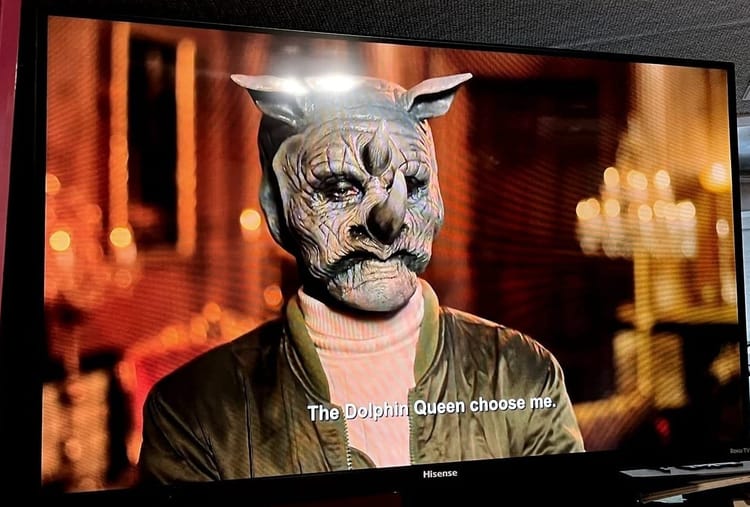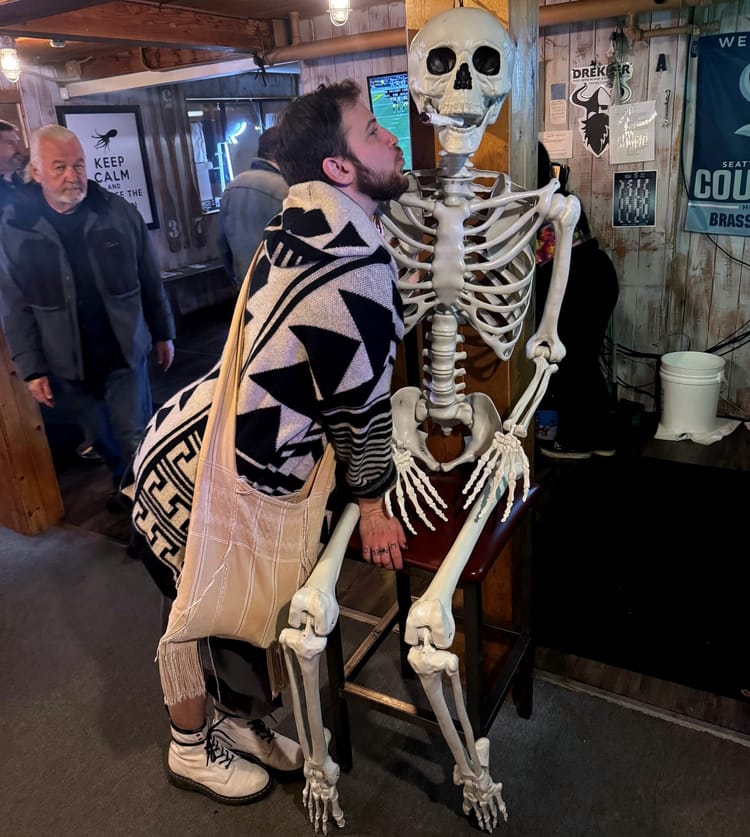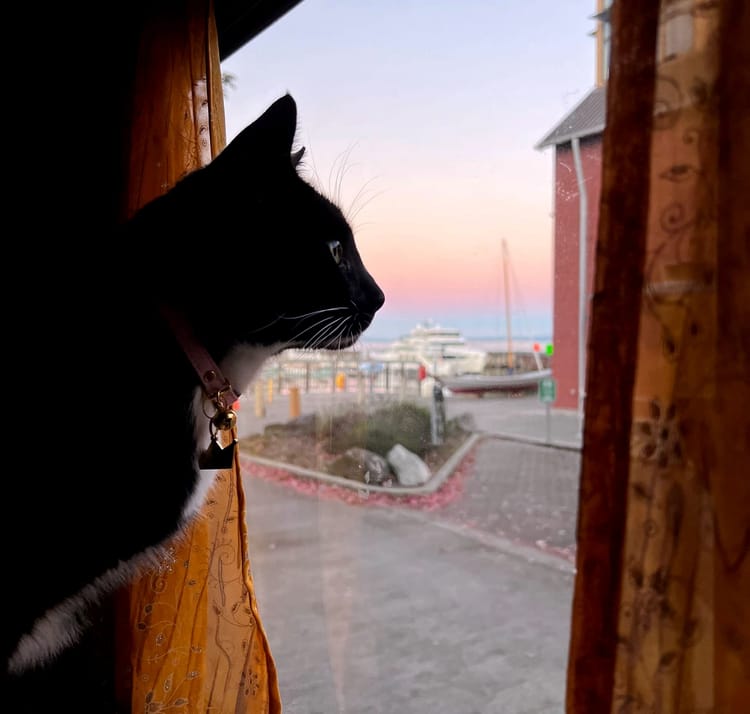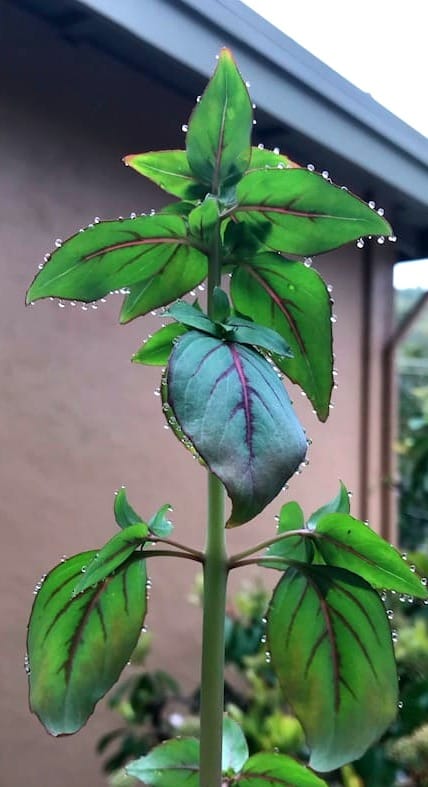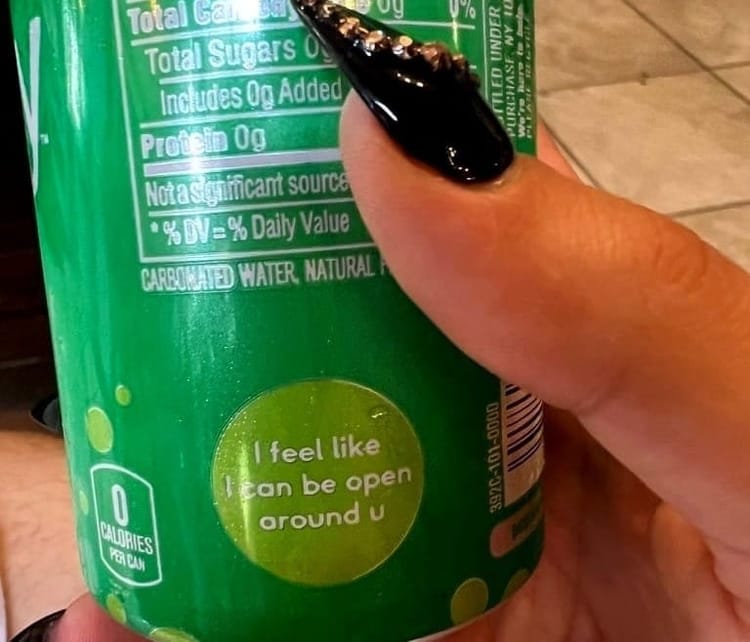RuPaul Uncut

Sometimes, you get a news notification that the cofounder of Rolling Stone, who headed the magazine when you were writing for it, doesn’t believe women and Black people are smart enough to quote in a book. Later, you ask Google who’s editor-in-chief now and learn that the current one was criticized last year for changing an article about an ABC News producer whose home was raided by the FBI for distributing child porn, suggesting instead that he was being evilly targeted by America’s “national-security apparatus.” The EIC was friendly with said child pornographer, who has since pled guilty.
Sometimes, usually when I’m stressing about how I currently live wayyyyy below the poverty line, I wonder if I shouldn’t have left the mainstream publishing industry or if I should work for it again. And then the editor of a place that used to issue my five-figure paychecks—who would top-edit my work if I got paychecks there still—actively covers up sex crimes against children, and reminds me why I don’t.
Back in 2013 though, I had relentlessly pitched a profile of one RuPaul Charles to my assigning editor at the magazine. It’s hard to believe now, in this era of Ru’s global domination, but he hadn’t been profiled by the magazine despite having been famous for two decades—and further, the story was a surprisingly hard sell. Or maybe it’s not that surprising. But the top editors kept declining my pitch to cover Drag Race, which was in its sixth season and plenty noteworthy in pop culture. It wasn’t finally greenlit until I got shit-housed with the EIC after a National Magazine Awards ceremony, and accused the mag of being racist and homophobic.
Soon after, I landed in L.A. for my RuPaul interview. The piece I wrote ended up being cut into a single spread, for which I probably also accused someone of racism and homophobia, so it didn’t contain either the part where we went to yoga with Lori Loughlin before she went to prison or my favorite scene, which involved a Kardashian stylist. I’ve remained bummed about the edit since.
So here’s a better one! I often think about how much of the work I did as a reporter wouldn’t be possible looking like I do now, in countries where my existence is illegal, and weirdly I wonder if that includes this assignment in WeHo. When we met, it was five years before Ru said he wouldn’t let trans people on Drag Race. It was eight years before the first transmasculine contestant made it on the show, and he went all the way to the finale—where Ru said to him with genuine, breathless surprise: “I didn’t expect to enjoy you this much!”
I watched this with my ex-boyfriend, who is also trans, and the two of us instantly responded with a visceral, gut-punched oof, before looking at each other with wincing alarm. (“I love that!” the contestant, Gottmik, responds to Ru immediately, before tipping his head and adding out the side of his mouth, “It’s kinda rude, but I love it.”)
But long before all that, I packed my hubby and some gender-neutral fashions wayyyyy less femme than how I dress now and headed to SoCal to spend several days with the world’s drag mother. On the last day, I stood on set next to the judges as we waited for the competing queens to take the runway—and Ru told me to walk it. Good-natured razzing ensued until I got up on the main stage, and someone cued the music. “Sissy That Walk” was that season’s song, and I did. I strutted down the runway, dropped my leather jacket off my shoulders and turned to show the judges my Levi’s-clad ass, then turned back around to face them, my middle fingers up.
KING OF QUEENS
How RuPaul Became America’s Sweetheart, for Rolling Stone October 2013
IT’S SHOCKING, AT first. Not because the makeup-less face of RuPaul isn’t beautiful, his lightly freckled skin still impeccable. In a way, it’s better, frankly—more inviting, with its open sincerity, than the friendly-diva persona that’s made him the world’s most famous drag queen for decades now. But it’s nevertheless an adjustment. His glinting bald head seems, without the piles of synthetic blond locks, small.
“If I never go drag again after today,” he says, “I don’t care. It’s not that important to me. It never was.” He is wearing a burgundy-on-cream seersucker suit, with three undone buttons exposing a smooth chest. This is how he almost always dresses these days. “I looooove wearing suits,” he says.
And that isn’t close to the biggest change RuPaul’s got going right now. If we’d met during his first rise to fame, he would have been drinking. He would have been smoking. There’s a one in seven chance he’d have dropped acid that day, and certainly pot would have been involved, as the musician/spokesmodel/author/drag star was a daily wake-and-baker from the ages of 10 to 39. And then there would be the thing where the six-foot-four gay stoned black man was in a dress.
That RuPaul is unrecognizable, in every sense, from the suited RuPaul who walked into his usual West Hollywood café at 7 a.m. on a recent Friday morning. He had ben up for many hours already, not in the nightclubbing way but in the went-to-bed-while-it-was-still-light-outside-like-a-toddler way. Most mornings, he has to wait for the gym to open, at five. Meditation group or hiking starts by 6:30. The RuPaul you watched on VH1 in the nineties, interviewing Cher on his talk show or duetting with Elton John, didn’t make television appearances dressed as a man, but today’s Ru—as he introduces himself, and is called by friends and fans—shows up unfrocked and wigless, deploying a mixture of politeness and complete lack of bullshit, like when the clerk at CVS tells him she wishes he’d come in drag. “That,” he says to her, cordially but not smiling, “costs extra.”

